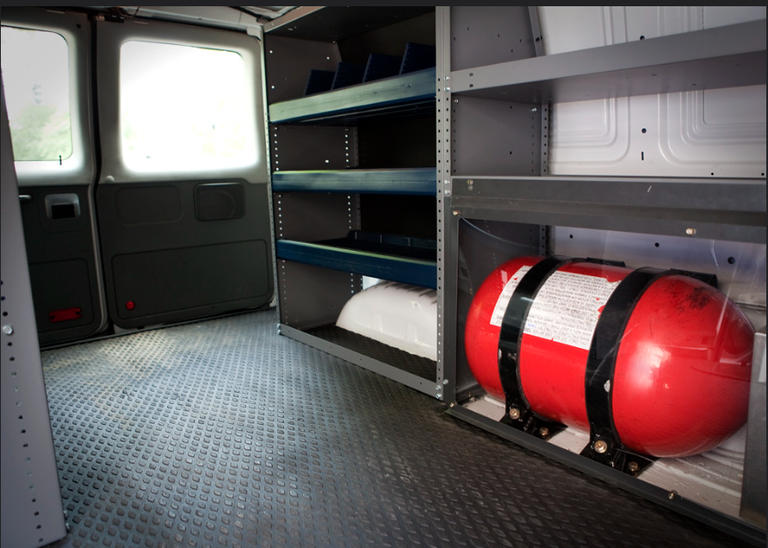Much Ado About CNG

Unless you are oblivious to current issues in Nigeria, you probably must have heard of CNG as a cheaper and more efficient alternative to PMS. Even if you don't own or drive an automobile, you sure commute from one place to another and already know how the continued increase in the price of PMS has been choking everyone in the country economically.
Since the current president assumed office, the price of PMS has jumped by more than 600%, and with it, the prices of various goods and services while the minimum wage remains the same. I will not bore my readers with the economic mumbo jumbo behind the incessant increase in prices but rather the brouhaha that has been following the clamor for the adoption of CNG for automobiles instead of PMS.
According to various sources, CNG appears to be a cheaper alternative to PMS. CNG, Compressed Natural Gas, is more economical than PMS (Premium Motor Spirit, or gasoline) for automobiles primarily due to lower fuel costs, higher fuel efficiency, and reduced maintenance expenses. CNG is cheaper per unit of energy compared to gasoline, and vehicles running on CNG tend to get better mileage per kilogram. Additionally, CNG burns cleaner, which reduces engine wear and tear, leading to lower long-term maintenance costs.
Everything about CNG looks perfect as far as the Nigerian situation is concerned. However, there has been much clamor against its adoption with different pictures showcasing how dangerous CNG can be on social media. While the authenticity of these claims cannot be verified, they sure sow doubts in the minds of many people about switching to CNG. In short, all other things being equal, safety concerns seem to be a hindrance to its adoption.
One interesting issue that was raised by one of my followers on social media and which I find plausible is that as excellent as CNG sounds as a better alternative to PMS, why does it remain poorly adopted worldwide? If anything, the fact that CNG seems poorly adopted even in developed countries can further lay credence to the safety concerns of many individuals. However, nothing about the poor adoption has to do with its safety.
CNG adoption in developed countries is limited due to several factors. First, infrastructure limitations lead to fewer refueling stations. High initial costs for CNG vehicles or conversions deter consumers. CNG vehicles also have a shorter driving range and heavier tanks, reducing convenience. The growing preference for electric vehicles (EVs), supported by government incentives, competes with CNG.
Additionally, environmental policies focus on renewable energy and zero-emission technologies rather than transitional fuels like CNG. Lastly, consumer awareness is low, and technical challenges related to CNG handling and safety add complexity to adoption. The safety mentioned in this case is also applicable to PMS usage. In other words, CNG is as safe as PMS, depending on who's handling it.
While many Nigerians are ready to bear the initial cost of converting their vehicles to CNG to save cost on PMS in the long run, concerns remain about refueling as the availability of CNG refueling stations remains extremely limited on one hand. On the other hand, fears remain about rent-seeking politicians and chronic capitalist middlemen who are capable of hijacking the CNG supply chains for their maximum benefits, thereby leading to frequent hikes in prices just as we have it with PMS currently.
As a vehicle-owning Nigerian, what are you going to do? I would like to read your opinions below.
Thanks for reading.
Thanks for your contribution to the STEMsocial community. Feel free to join us on discord to get to know the rest of us!
Please consider delegating to the @stemsocial account (85% of the curation rewards are returned).
You may also include @stemsocial as a beneficiary of the rewards of this post to get a stronger support.